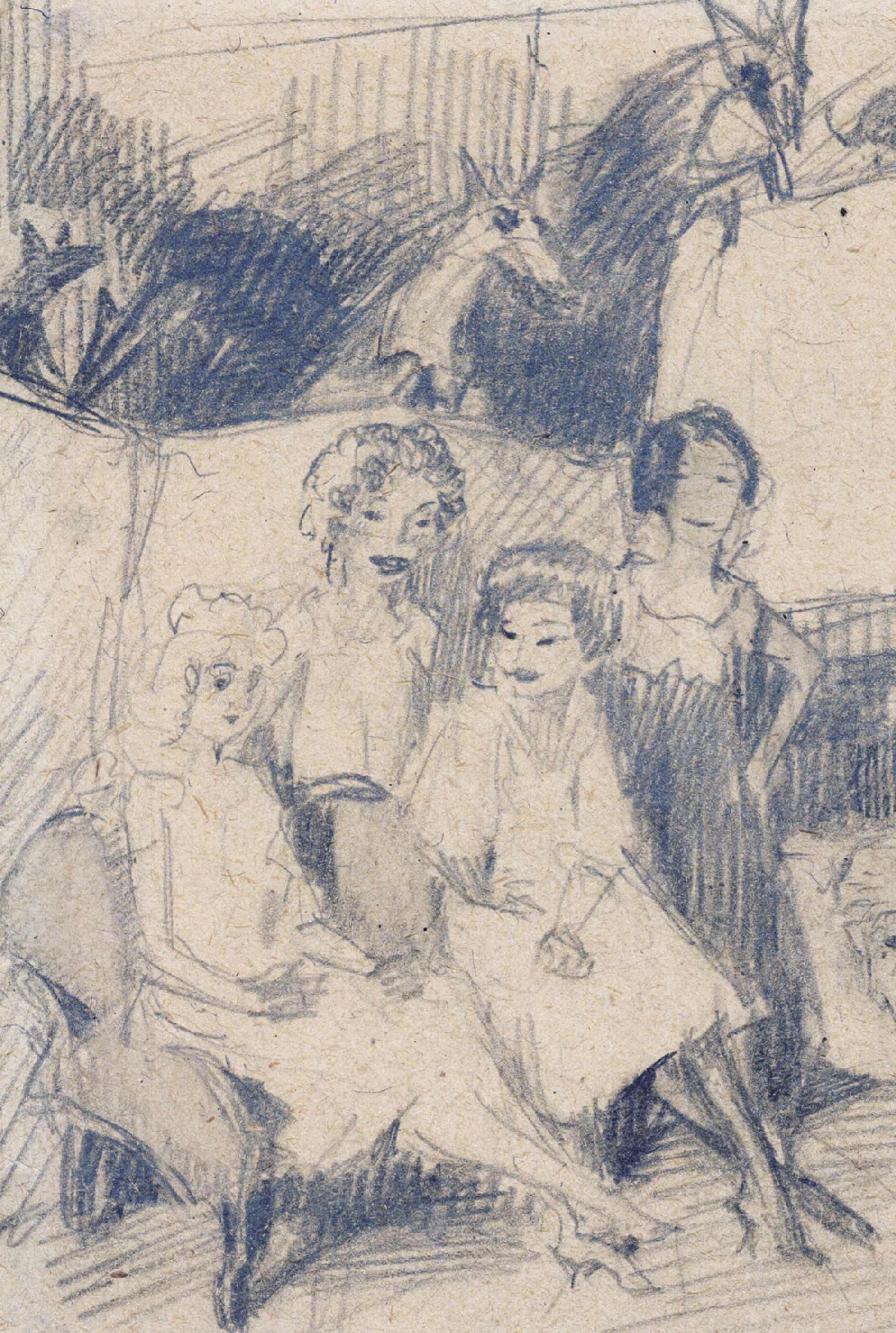Bruno Schulz – całożyciowa pasja Jerzego Ficowskiego (próba chronologii)
DOI:
https://doi.org/10.26881/sf.2023.21-22.04Abstrakt
The essay offers a reconstruction of particular stages of Jerzy Ficowski’s (1924-2006) critical career, focusing on his research on Bruno Schulz’s biography. It is based onFicowski’s private archive, mainly his correspondence with people who knew him personally. The author describes how the process of reconstructing Schulz’s life in Ficowski’s precursorial work stimulated the growing number of the writer’s enthusiasts sharing with the biographer what they knew and remembered themselves or discovering memories of others. He presents a group of Polish Jews, most of them living abroad, for whom both Schulz and Ficowski made a unique connection between the present and their youth – either their school years in Drohobych, or Poland right after World War II. Next to the biographical foundations of Schulzology – Regions of the Great Heresy and Okolice sklepów cynamonowych [Cinnamon Shops and Their Surroundings] – the author discusses Ficowski’s editorial achievements, points at his edition of “Second Autumn” [Druga jesień], the only Schulz’s work surviving in manuscript, and demonstrates how Księga listów [The Book of Letters] was made, including some found one by one against all odds. Ficowski also initiated and followed Schulz’s reception all over the world. He was lending a hand to translators and editors, provided the latter with valuable editorial comments, and wrote footnotes to editions of Schulz’s fiction in foreign languages. Moreover, the essay includes information on the problems that Ficowski was facing while writing his own books on Schulz and then trying to find their translators and publishers in the West. Important were also the years of the gradual fall of communism (1988-1989) when he started hoping to find some manuscripts left in Ukraine, in particular Schulz’s lost novel Messiah, as well as more of letters and works of art. Unfortunately, his efforts were in vain, yet in the 1990s he contributed to various initiatives of commemorating the writer in his hometown.

 Uniwersyteckie Czasopisma Naukowe
Uniwersyteckie Czasopisma Naukowe





